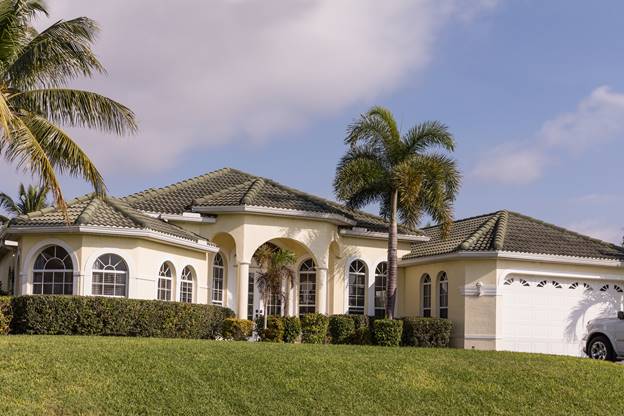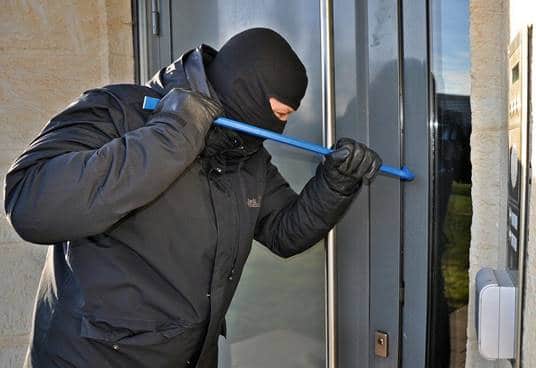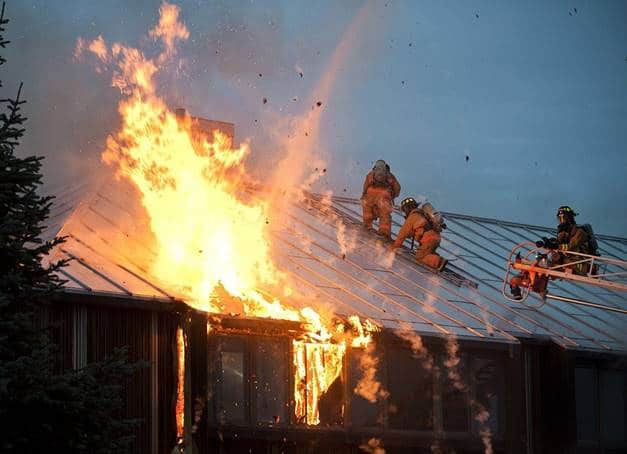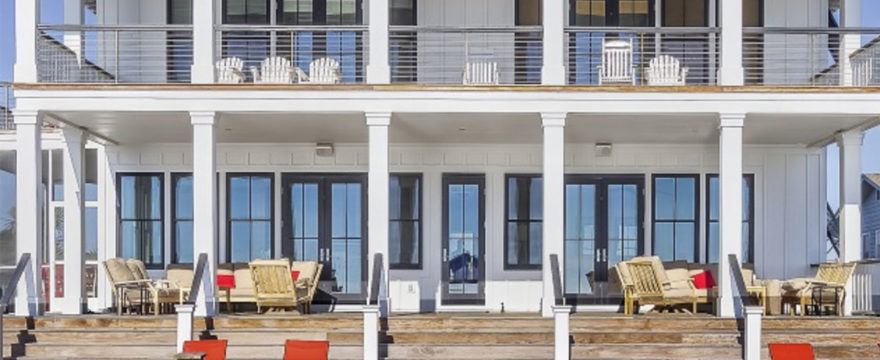
How does it affect your homeowner’s insurance if you ever decide to rent out all or part of your home? If you have just bought an investment property, will homeowners insurance provide enough coverage for the unique needs of the rental property?
These are questions every homeowner should ask themselves before they begin to accept tenants into their property.
These questions are important because the insurance risks associated with having tenants in a home are different from the risks a property has while occupied by the owner. Renting out a property without taking steps to adjust your insurance policy, could end up hurting you.
As far as properties are concerned, there are two types of insurance policies that owners can buy: These are homeowners insurance and landlord (dwelling fire) insurance. Even though both forms of the policy address the insurance needs of built-up properties, they serve different purposes.
What is homeowners insurance?

The standard homeowners insurance policy is a package policy that covers the structures of a home, the belongings of the homeowner and their family, and any liabilities that arise if the homeowner or members of their family damage another person’s property or injures them.
What is landlord insurance?
The standard landlord insurance policy is designed to protect a property owner when they in the business of renting out their home, condo, or apartment. It typically covers the structures of the property, the owner’s belongings, and also protects the owner from legal liabilities while acting as a landlord, as well as allowing provisions such as loss of rental income.
Is homeowner’s insurance the same as landlord insurance?
First-time landlords often make the mistake of thinking that homeowners insurance is interchangeable with landlord insurance. Based on this assumption, they often go ahead to rent out their home with homeowners insurance, believing it is adequate.
But this is not correct.
One of the main provisions of a company insuring a property as a homeowners insurance policy is that the property is occupied by the homeowner. Another is that business pursuits are specifically excluded from coverage. If there happens to be a claim filed for the property and either of these provisions are found to not be adhered to, the company could deny the claim completely.
Why homeowners insurance is not adequate coverage for a rental property

A homeowners policy is not sufficient for rental properties because the policy is designed for owner-occupied properties. This makes the policy limited; it does not protect property owners from the many of the risks associated with rental properties.
Why landlord insurance is right for rental properties

Landlord insurance caters to the whole spectrum of perilous events that can happen in a rental property. It offers coverage tailored for the unique exposures of residential rental properties.
The types of coverage included under landlord insurance are:
- Dwelling coverage
While homeowners insurance protects owners from damage to a home’s structures by them or members of their family, landlord insurance protects the building from negligent or malicious damage by tenants. The coverage afforded by landlord insurance could also extend to protection from damage to appliances and equipment.
- Liability coverage

Landlords are exposed to a constant threat of lawsuits by tenants or guests who get injured in their premises or suffer some form of harm. Landlord insurance helps give the property owner peace of mind because it will help to shield them from the excessive costs associated with such lawsuits including legal representation.
- Personal property damage
In the event that a landlord furnished the house or apartment before renting it out, landlord insurance can protect those belongings if they are damaged. This usually applies to personal property that is damaged by fire, burst pipes, or burglary.
- Protection against loss of use or loss of rental income
If for some reason a rental property becomes uninhabitable due to a fire or some other event, some policies will pay the landlord the rental income they should have earned in the period that the home is under repair.
- Other coverage
There are several other risks that landlord insurance protects property owners from. As a matter of fact, most landlord insurance can be expanded to cover as many potential risks as possible. Two other perils that should be considered are flood and legal fees coverage.
In conclusion, landlord insurance is what property owners need for a rental property that has ANY rental exposure. This is because landlord insurance protects property owners in the business relationship of renting out their property.

LEGAL DISCLAIMER
Views expressed here do not constitute legal advice. The information contained herein is for general guidance of matter only and not for the purpose of providing legal advice. Discussion of insurance policy language is descriptive only. Every policy has different policy language. Coverage afforded under any insurance policy issued is subject to individual policy terms and conditions. Please refer to your policy for the actual language.




